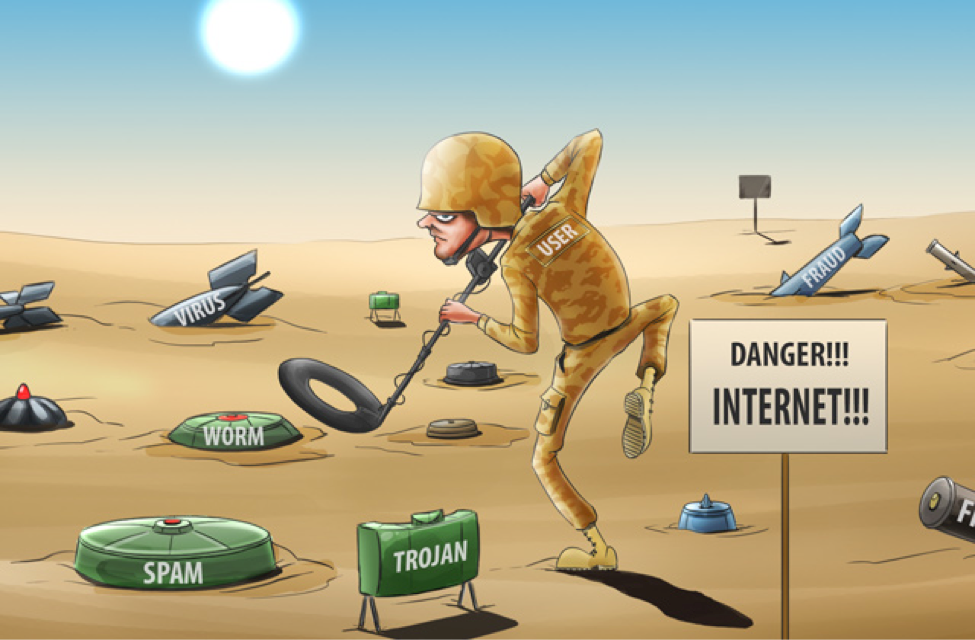Using multiple malware and anti virus software
I have read through the posts and don't see one that addresses my particular question. My brother has used Norton 360 for years and says it is well worth the cost. I also paid for but had the download expire on Malwarebytes. If I have Webroots, do I need other programs as well to make sure my devices (Amazon Fire 8 tablet, Moto 4G phone, and old, on its last legs Dell PC) are protected?
Login to the community
No account yet? Create an account
Enter your E-mail address. We'll send you an e-mail with instructions to reset your password.








